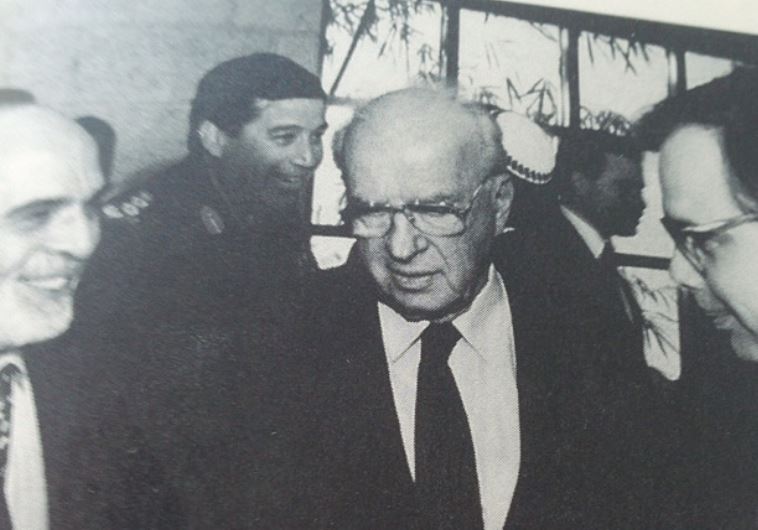Is Rabin’s heritage still alive?
"During Rabin’s tenure, Israeli society boasted its freedom of expression, and opposing sides freely expressed their opinions."
 (From left to right) Jordan’s King Hussein, prime minister Yitzhak Rabin and Uri Savir(photo credit: COURTESY URI SAVIR)
(From left to right) Jordan’s King Hussein, prime minister Yitzhak Rabin and Uri Savir(photo credit: COURTESY URI SAVIR)